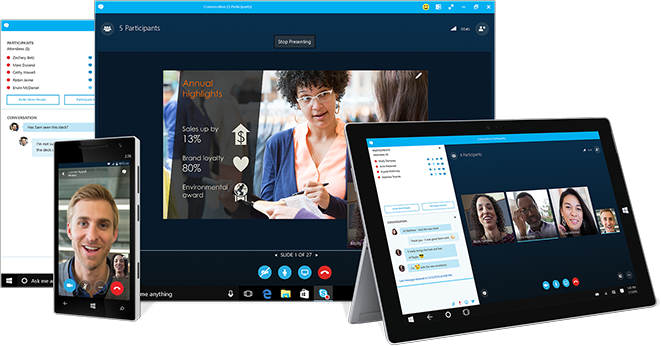Something that comes up every time there is a report or survey about what employees value in their roles, is flexibility.
Flexibility can mean a few things, like staggered working hours or working extra hours to take half days, in this instance we’re going to focus on the ability to work remotely.
Working remotely could involve an employee based in the office that wants to work a day or two from home every so often, or it could be an employee based in a different geographical location that works remotely full-time.
In either of these instances it’s important that employees have the ability to get their work done efficiently and that the business has confidence in their remote workers.
Ensure accessibility
The very first step in ensuring the success of your remote staff is making sure they have access to the right technology and tools to perform their tasks.
In simple terms, you can’t have effective remote staff if you are still running desktop applications that are not in the cloud. Although workers can still have these devices on their laptops, they cannot collaborate effectively with their team and have to perform their own backups. It also means as a business you cannot control how the data is used or readily access it.
Using a cloud platform will allow your employees to work from anywhere and still access the software and files they need to get their work done.
Open up communication
Communication really is key when it comes to remote workers. Without good communication, remote workers can feel isolated and left out of key decisions, and management can feel unsure and distrustful of how core job functions are being achieved.
Communication flows both ways so make sure your business has a formalised communication plan in place that ensures all meetings/discussions/decisions are recapped via email or your communication tools.
The business should also have clear KPIs and metrics that creates transparent expectations and allow employees and managers to have a true measure of performance.
Foster collaboration
Communication is one thing, but all employees should be able to work together collaboratively on projects, documents or client issues in real time without having to send updates back and forth.
Using collaborative tools, such as Skype for Business or Slack, gives you the ability to communicate easily and effectively with your entire team outside of traditional methods.
These tools can also help you to manage projects and keep an eye on the workload of your employees, both internal and remote. The goals are clearer and the timeline can be followed precisely. Not to mention the nature of these tools can encourage greater relationships between departments and foster innovative and creative ideas.
Finally, provide the right culture
This is one extra element that we’ve snuck in, because without the right culture, all the tools and technology in the world won’t ensure your success with remote workers.
Make sure that staff don’t feel judged or guilty if they work from home or remote workers aren’t undervalued because they aren’t there in the office.
A workplace that trusts their employees and gives them the tools to do their jobs will be rewarded with a happy and productive workforce.






Let Us Know What You Thought about this Post.
Put your Comment Below.